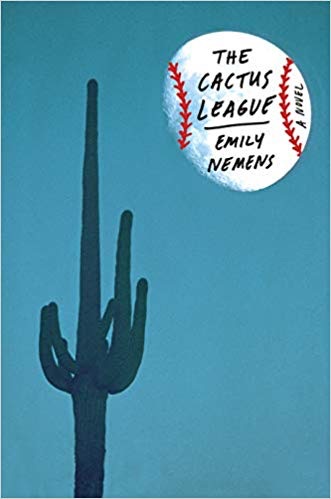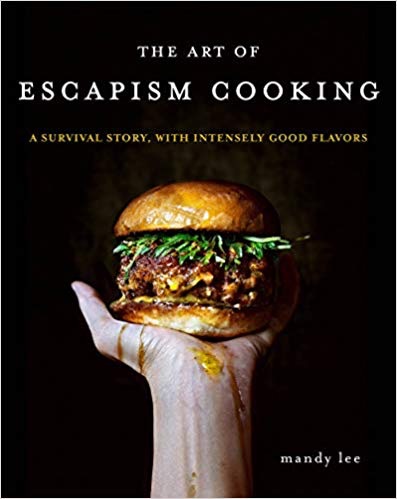by Mandy Lee
A fascinating food book. Most of the best food writing has pursued what Adam Gopnik calls the “mystical microcosmic” — “sad thoughts on the love that got away or the plate that time forgot.” Mystical microcosmic writers — M. F. K. Fisher, Julia Child, Anthony Bourdain, Michael Ruhlman — implicitly argue that they are like us, that we would enjoy what they enjoyed, that thoughtful eating can improve your life. Julia went to a fish place in Normandy and found a future husband and beurre blanc, and much of her best writing implicitly concerns the pursuit and care of each.
Mandy Lee’s book comes from a different place. In 2012, Lee was deeply depressed and living in a city she hated. Lee was born in Taiwan, grew up in Vancouver, went to grad school in (and loved) New York. Now, she was in Beijing, and everything in Beijing was awful: so awful that she could seldom get out of bed. She became an obsessive cook because focusing on elaborate and time-consuming recipes (and on elaborate and lovely photography of the prep) meant she could spend hours — days — locked in her home. Her cooking is not fun or easy or fast: her cooking is very angry, and she knows it.
Lee is always cooking for herself. (She’s cooking for her husband too, but he’s even more in shadow here than were M.F.K. Fisher’s lovers.) There’s no patron, no restaurant, no one to please but herself, and Lee is not easy to please. Her tastes are unusual, and for this she offers no explanation or apology. Reading between the lines, she likes savory and bitter breakfasts on the Chinese model, but she also really likes cheese. A few of her recipes reinvent what Minnesotans call a Juicy Lucy — hamburgers infused with tons of cheese — but hers represent a systematic study of how much cheese is possible in a burger and also feature green chili aioli, poached eggs, spicy pork or lamb patties, and sweet potato buns.
Most of the recipes concern spectacular and complex interplay of contrasting flavors and textures — finding ways to combine hot and sweet, crisp and unctuous and sour in each bite. There’s a lot of prep and plenty of challenging ingredients. In my first foray into cooking one of these, I struck out on one ingredient not only at Whole Foods but also at Super 88, an big Asian store that has two separate freezer cases of frozen buns, a whole aisle of fish sauce, and family-size packages of beef penis.
The book has a chapter on elaborate home-cooked dog food.
This is not, in other woods, a replacement for The Joy Of Cooking. But it’s got some very fine (and hilarious) writing, some nifty food ideas, and a nice insight into what cooking means to many of us.


